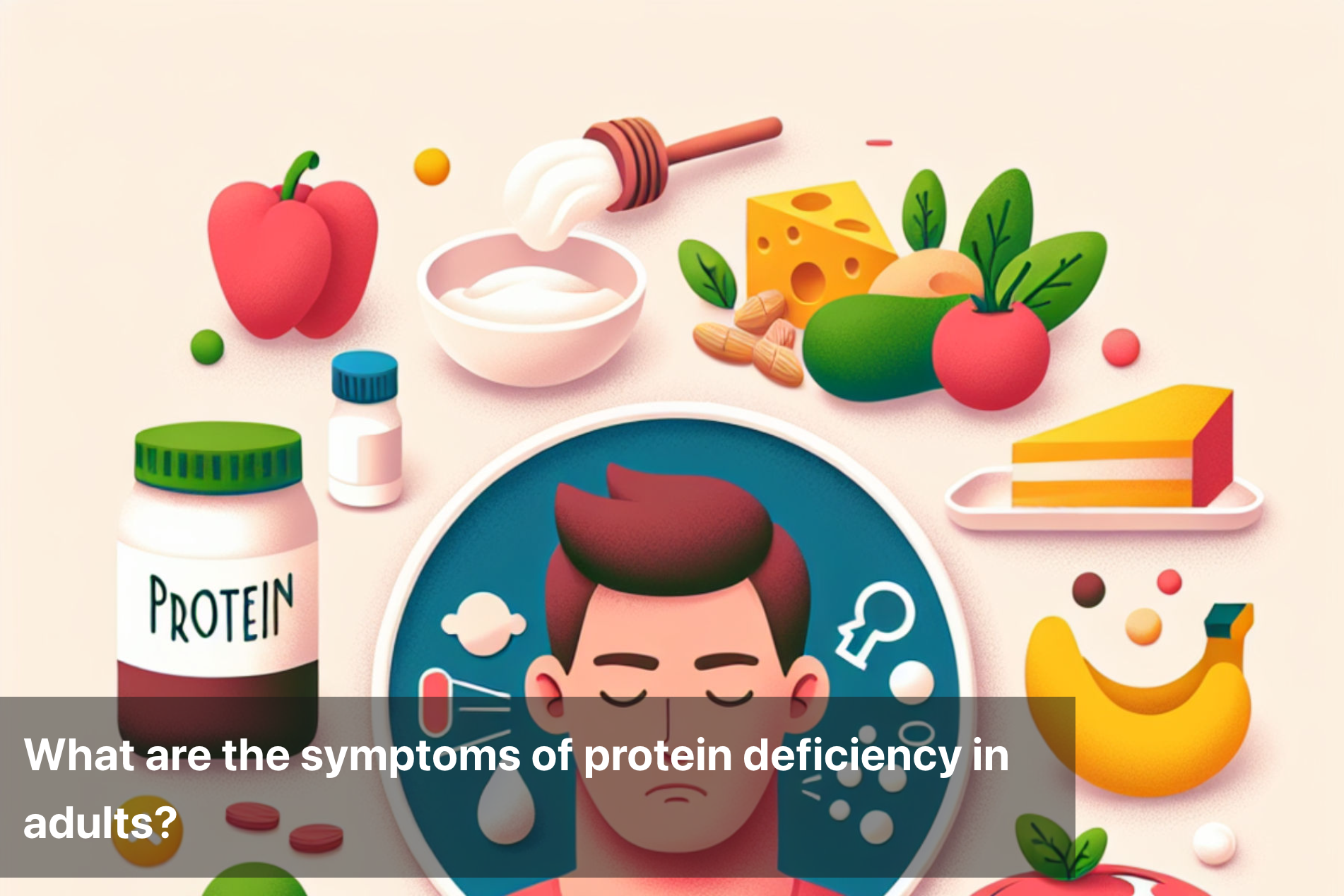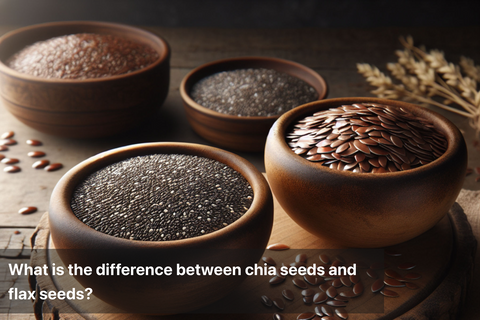
What are the symptoms of protein deficiency in adults?
Protein plays a crucial role in maintaining the overall health and function of the human body. It serves as a building block for tissues, muscles, enzymes, hormones, and other essential molecules. Without an adequate intake of protein, adults may experience various detrimental effects due to protein deficiency.
Protein deficiency in adults can lead to a range of symptoms that signify the body's struggle to function optimally. Common signs of protein deficiency in adults include muscle weakness, frequent infections, slow wound healing, and swelling in the extremities. These symptoms highlight the body's inability to repair and maintain tissues properly.
Moreover, protein deficiency can also manifest through hair loss, brittle nails, and skin issues, indicating a lack of essential amino acids for healthy growth and maintenance. It is essential to recognize these physical symptoms early on to address the underlying nutritional deficiency.
Understanding the importance of protein in the diet is crucial for adults to maintain their health and well-being. By ensuring a sufficient intake of protein-rich foods, individuals can support their body's growth, repair, and overall function, thus avoiding the detrimental effects of protein deficiency on their health.

Physical Symptoms of Protein Deficiency
Muscle Wasting: Gradual loss of muscle mass and strength due to insufficient protein for muscle maintenance and repair.
Fatigue: Persistent tiredness and lack of energy, even with adequate rest, due to reduced protein intake.
Hair Loss: Thinning, brittle hair, and hair shedding due to inadequate protein for hair growth and maintenance.
Skin Problems: Dry, flaky skin, dermatitis, and skin lesions may develop due to impaired skin regeneration from protein deficiency.
Delayed Wound Healing: Slow healing of wounds and injuries due to insufficient protein for tissue repair.
Fragile Nails: Weak, brittle nails that are prone to breakage and splitting due to inadequate protein for nail strength and growth.
Reduced Immune Function: Increased susceptibility to infections and illnesses due to weakened immune system function from protein deficiency.
Weakened Bones: Decreased bone density and increased risk of fractures due to inadequate protein for bone formation and maintenance.
Generalized Weakness: Overall weakness, lethargy, and reduced physical endurance due to insufficient protein to support bodily functions and activities.
Mental and Emotional Symptoms of Protein Deficiency
Depression: Persistent feelings of sadness, hopelessness, and low mood may arise due to neurotransmitter imbalances influenced by inadequate protein intake.
Anxiety: Excessive worry, nervousness, and feelings of unease may occur as neurotransmitter levels are affected by protein deficiency.
Irritability: Heightened irritability, mood swings, and easily triggered emotional responses can result from altered neurotransmitter function due to protein deficiency.
Difficulty Concentrating: Poor concentration, brain fog, and difficulty focusing on tasks may occur as cognitive function is impacted by inadequate protein intake.
Memory Problems: Forgetfulness, difficulty recalling information, and impaired memory function may arise due to neurotransmitter imbalances influenced by protein deficiency.
Mood Swings: Rapid shifts in mood, from euphoria to sadness or anger, may occur due to disruptions in neurotransmitter levels affected by protein deficiency.
Lack of Motivation: Decreased motivation, interest, and enjoyment in activities may occur as neurotransmitter imbalances impact mood and reward pathways affected by protein deficiency.
Stress Sensitivity: Heightened sensitivity to stressors, increased susceptibility to stress-related symptoms, and difficulty coping with stress may arise due to altered neurotransmitter function influenced by protein deficiency.
Emotional Instability: Emotional instability, exaggerated emotional responses, and difficulty regulating emotions can occur as neurotransmitter imbalances affect mood regulation pathways affected by protein deficiency.
Cure for Protein Deficiency
Dietary Adjustments: Increase intake of protein-rich foods like meats, fish, dairy, legumes, nuts, and seeds.
Supplementation: Consider protein supplements if dietary sources are insufficient.
Nutritional Guidance: Seek advice from a dietitian for personalized meal planning.
Hydration: Ensure adequate water intake to support protein metabolism.
Regular Monitoring: Monitor protein intake and adjust dietary habits as needed for sustained improvement.

Protein Deficiency Symptoms in Adults: What to Look Out For
The importance of protein in maintaining optimal health cannot be overstated. From physical manifestations like muscle wasting, hair loss, and fatigue to mental and emotional impacts such as mood disturbances and cognitive issues, the signs of inadequate protein intake are clear.
It is crucial for adults to recognize these symptoms and take the necessary steps to address them by ensuring a sufficient protein intake in their diets. Protein is not only essential for muscle growth and repair but also plays a vital role in supporting overall well-being. Neglecting to meet the body's protein requirements can have far-reaching consequences on both physical and mental health.
Maintaining a balanced diet that includes an adequate amount of protein is key to promoting optimal health and preventing the detrimental effects of protein deficiency. By being mindful of your protein intake and making informed dietary choices, you can safeguard your well-being and support your body's functions for a healthy and thriving life. Prioritizing protein in your diet is a significant step towards achieving and maintaining overall health and vitality.
This Blog post is an initiative by Lo! Foods, to provide accurate and Nutritionist / Doctor approved information related to Health. Lo! Foods is India's leading brand for Everyday Functional Foods. Foods designed for specific Health conditions or Needs. Lo! Foods also runs India's largest range of Low Carb Healthy Cloud Kitchens, under the brand names of Lo!, ProteinChef, ATH (All Things Healthy) and DiabeSmart.















Leave a comment
Your email address will not be published.